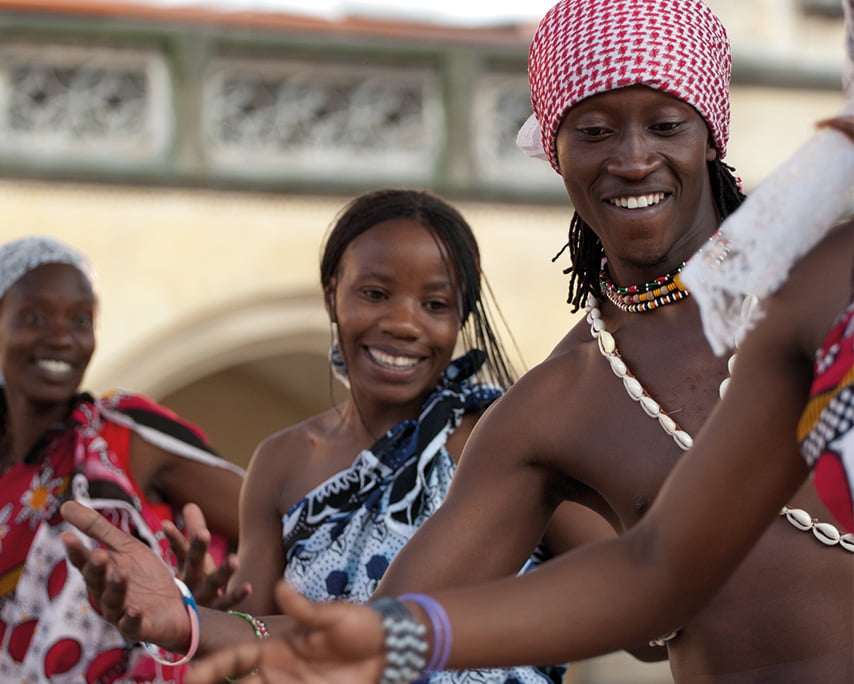Photo Credit:iStock/Getty Images
World Book and Copyright Day
World Book and Copyright Day is celebrated annually on 23rd April to promote reading, publishing and the protection of intellectual property through copyright. The theme for World Book and Copyright Day 2023 is “Indigenous Languages.” This year’s theme recognises the importance of preserving and revitalising indigenous languages, which are at risk of disappearing due to a variety of factors such as globalisation, urbanisation, and cultural assimilation.
Indigenous languages are essential to cultural diversity, a vital aspect of human life. According to the United Nations, more than 6,000 languages are spoken globally, with many belonging to indigenous communities. However, many indigenous languages are on the brink of extinction. This loss of language diversity has far-reaching consequences, not only for the indigenous communities but also for the world at large. This is because indigenous languages are not only means of communication but are also repositories of traditional knowledge, cultural heritage, and identity.
Reviving endangered languages is a complex and challenging process that requires the collaboration of indigenous communities, linguists, educators, policymakers, and publishers. The revitalisation process involves documenting and preserving the language, developing language-learning materials, training teachers and speakers, and integrating the language into formal education systems.
Publishing books in indigenous languages is a vital component of language revitalisation. Books provide an avenue for preserving and promoting indigenous languages by providing opportunities for language learners to practice reading, writing and speaking the language. They also enable indigenous communities to preserve their cultural heritage, including traditional stories, myths, legends, and folktales, and pass it on to future generations. Books also provide a platform for language revitalisation initiatives to showcase their work and raise awareness of the importance of preserving indigenous languages.
Publishing books in indigenous languages requires the involvement of the indigenous communities themselves. Therefore, indigenous authors, editors, illustrators, and publishers play a crucial role in producing high-quality, culturally appropriate books that reflect the values, beliefs, and experiences of their communities. In addition, publishers must work closely with indigenous communities to ensure that the books are relevant, accessible, and meaningful to their intended audience.
The revitalisation of indigenous languages is not only a cultural imperative but also a human rights issue. Language is a fundamental human right, and everyone has the right to use, maintain, and develop their language. Therefore, indigenous peoples have the right to preserve, revitalise, and promote their languages and cultures, as recognised in the United Nations Declaration on the Rights of Indigenous Peoples.
The theme for World Book and Copyright Day 2023, “Indigenous Languages,” highlights the importance of preserving and revitalising indigenous languages. Publishing books in indigenous languages play a vital role in this effort, providing opportunities for language learners to practice reading, writing and speaking the language. However, indigenous communities and publishers must work together to ensure that these books reflect the values, beliefs, and experiences of the communities they serve. Preserving indigenous languages is not only a cultural imperative but also a human rights issue, and it is our collective responsibility to ensure that they are safeguarded for future generations.



